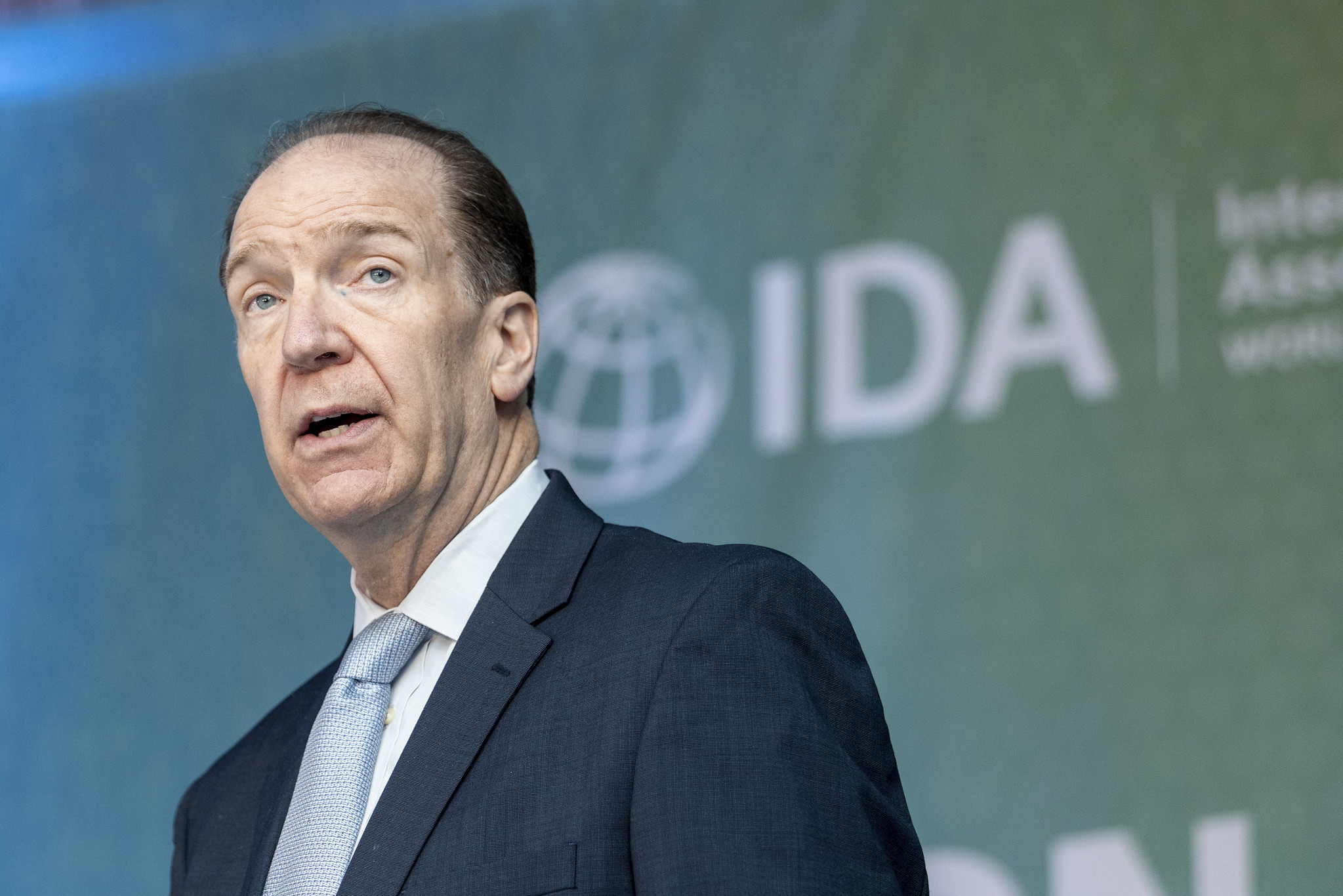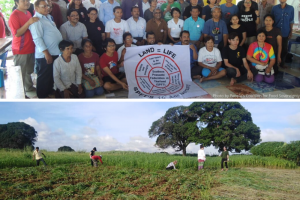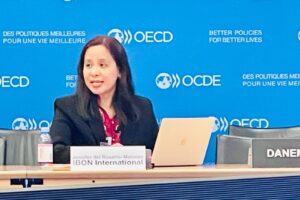Malpass’s stint has laid bare a lamentable truth about the World Bank Group’s operations: that it bears a long history of harm and lack of accountability to peoples in the global South. The question of Malpass’s replacement must also drive a rethinking of the neo-colonial power of the global North, especially the US, in an undemocratic institution and over the world economy.
On February 15, World Bank Group (WBG) President David Malpass announced his intention to resign, almost a year early before the end of his term. Appointed by former United States (US) President Trump in 2019, he is now expected to stay only until June 2023.
Under Malpass’ leadership, the World Bank further indebted the global South, and was criticised by civil society for financing fossil fuel projects and promoting corporate interests amid multiple crises. Malpass himself faced controversy over comments that denied climate change.
For IBON International, Malpass’s stint has laid bare a lamentable truth about the World Bank Group’s operations: that it bears a long history of harm and lack of accountability to peoples in the global South. Malpass’s track record is an opportunity to systematically review and reckon with the bigger role of the WBG in today’s multiple crises, through their policies, programmes, and projects.
Social movements and civil society organisations have particularly blamed the WBG and the International Monetary Fund (IMF) for big cuts in social service budgets and other austerity policies, leaving the people unprotected from the pandemic as well as the rising cost of living. World Bank-funded projects have been notorious for promoting land and resource grabs and displacing peasant and Indigenous communities, exacerbating landlessness, especially among rural women.
For IBON International, the question of Malpass’s replacement must also drive a rethinking of the neo-colonial power of the global North, especially the United States (US), in an undemocratic institution and over the world economy.
The US is still the biggest shareholder and has the biggest voting power in the WBG, allowing significant influence in the direction and development model advanced by the institution with governments in the global South. Malpass’s replacement will most likely be another US citizen, from the country’s policy or finance circles. This has been guaranteed under the informal agreement between former colonial powers, the US and Europe during the establishment of the IMF-WBG, which has so far ensured that WBG Presidents are Americans, since 1944. Malpass himself served as the undersecretary for international affairs of the Trump administration and as a chief economist at Bear Stearns, a US-based investment bank.
Recently, the US has been engaging in conversations around supposed reforms that would adapt WBG operations and financing to the world of multiple crises. But if the WBG and its next leadership persists with the same development paradigm of resource plunder and miring countries into chronic indebtedness, IBON International asks: Should they be allowed to continue operations and influence in the global South? #




